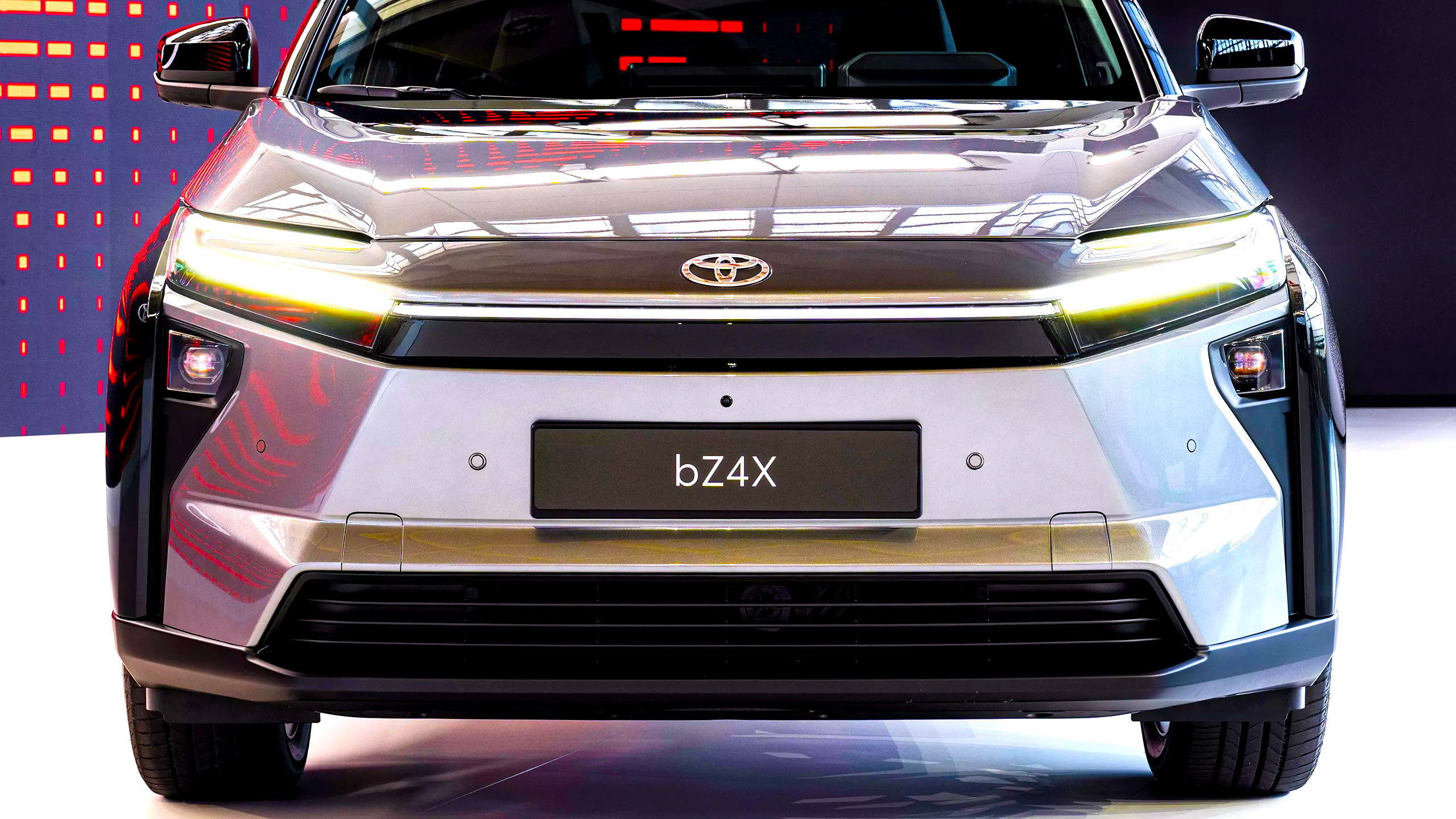Didn’t Toyota spend years railing against EV’s and instead push hydrogen fuel cells while the rest of the industry started adopting EVs’s? They’re still trying to catch up…
They are still denying it, pushing for PHEV instead. How long before BYD surpasses Toyota?
Yes and hydrogen is where the Japanese government grants are, despite making little sense because thermodynamics is a thing.
Because there are many places in the world EV’s don’t work and Toyota is big in all of those markets
i mean they invested in hydrogen. id argue theres even more places in the world that do not have a hydrogen gas station.
BMW is introducing another hydrogen car so Toyota isn’t the only one doing the R&D. There is energy density problems with both hydrogen and electric both of which are being worked on.
There’s no magic bullet or one size fits all solution so I’m glad to see companies doing the research and exploring options. I’d also like the chemical companies doing more research into biofuels
Hydrogen infrastructure can be built out similarly to petrol infrastructure, whereas EV infrastructure requires a robust power grid. That is, it would be easier to set up hydrogen refueling in some of the places Toyota operates than EV charging.
The good news is, Toyota isn’t doing hydrogen combustion but rather power generation. So they’re still relying on EV motors, just powered by hydrogen fuel cells rather than by batteries. In fact, they can be called FCEVs (fuel cell electric vehicles) as opposed to BEVs (battery electric vehicles).
I don’t think there’s anything wrong with multiple solutions. BEV makes far more sense for me as a consumer than a hydrogen vehicle would, but that doesn’t mean there can’t be a place for hydrogen.
The sector where I think FCEVs could be most useful (in the short term anyway) is trucking. Refueling at speeds similar to petrol or diesel, but the torque advantages of electric motors. And building out infrastructure for trucking is an easier proposition than for everyone driving a car. Refueling of long-haul trucks is done already largely separate from the average car.
Toyota makes EVs? No surprise they’re not selling. They’ve avoided making them for a decade. It’s not like they’re able to demonstrate a deep understanding of EV architecture that would make them more reliable than another brand - which is a major selling point for Toyota.
This article is such a chore to read. A raw data table would have been much clearer.
Everyone should stop following OEM tricks of “electrified vehicles” lumping hybrids and BEVs together, it’s a useless metric and totally different vehicles.





